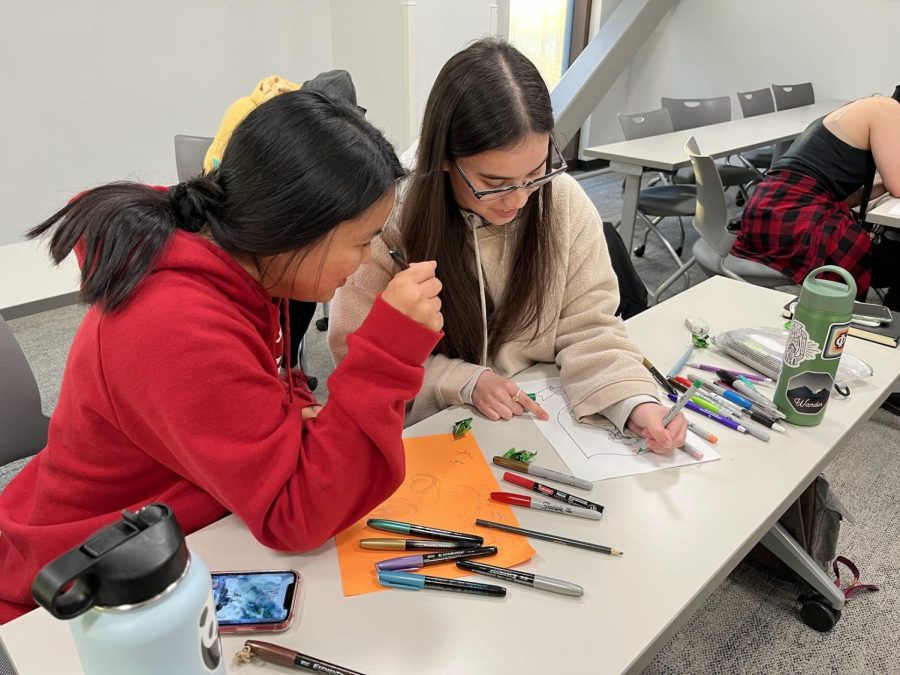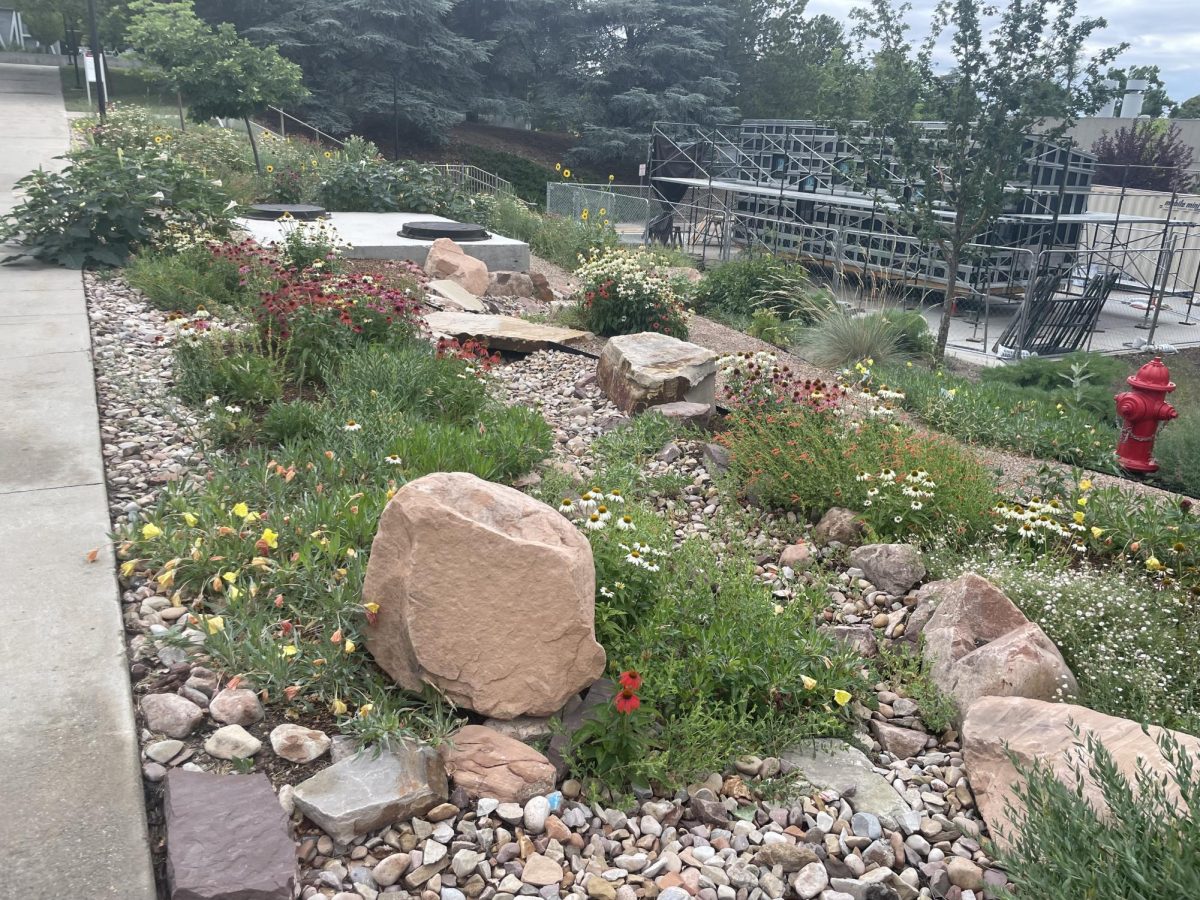Editorial: Give Yourself Space to Grow
Members of Phi Sigma Pi National Fraternity at a meeting. (Courtesy of Phi Sigma Pi National Fraternity)
July 14, 2022
A hard lesson to learn upon arriving at college is that life doesn’t care about your plans. But nothing is set in stone — it’s ok if your plans change. As an editorial board, we have majors in political science, economics, sociology, criminology and environmental and sustainability studies. Looking at our college journey, our experiences go far beyond even the diversity of those majors. Within just this group, we’ve added and dropped majors (sometimes more than once), joined and quit extracurricular activities and changed colleges. College usually means being on our own for the first time, which pushes us to change and grow. It means changing our minds, and that is a part of the process of discovering yourself.
Some people come into college with an idea of what they want to pursue, and some people don’t. Both paths should include the possibility of major exploration. Take, for instance, the large majority of Americans whose jobs have nothing to do with what they studied, or the 61% of American college graduates who wish they had chosen different majors. This may seem scary for most college students, who get pressured into declaring majors and mapping out their life plans almost right out of high school.
However, branching outside of a major can aid students who plan on furthering their education. Grad schools often look at the different ways students apply themselves, and by sticking to one focus, you single yourself out as unable to diversify your interests. While it may look good to have a lot of experience under one major, it’s important to explore different areas and concepts. After all, college provides us the opportunity to experiment and find new interests. By expanding interests and facets of involvement, students demonstrate their unique experiences, skills and abilities. When it comes to working with all kinds of people, having a diverse portfolio to fall back on can really make or break an application.
Extracurricular activities can help you branch outside of your field of study. Here at the Daily Utah Chronicle, we have editors and contributors from all kinds of different areas of campus. We build valuable connections, learn journalism skills and gain collaborative experience in ways that teach us skills with real-world applicability. And outside of the Chronicle, we also work in internships, volunteer work and jobs that don’t relate to our majors. All of these experiences are essential to our progress and self-discovery.
These different experiences allow us to gain skills, knowledge and experience that sets us apart from the typical student in our majors. It’s through this participation in other outlets that we stand out, and also figure out what career we want to pursue. Most of us anticipate that a college degree will amp up our credentials and improve our job prospects. While this may be true for some students, we shouldn’t treat our experience here as one-dimensional. Our main priority should be to become critical thinkers — a skill that will help us more than a degree ever could.
It makes sense that we pivot so often. As we grow and change through participating in new experiences, we unlock new parts of ourselves. It shouldn’t seem such a scary fate to pursue new opportunities. We’d do better to have foresight now and work on developing adaptivity because we’ll never know when something might unexpectedly interest us. Venturing into unfamiliar environments will better prepare us for our futures, anyways. By engaging with people from diverse educational and personal backgrounds, we receive the opportunity to see new perspectives and evolve our worldviews. We will need more than polished resumes to succeed as fulfilled, well-rounded people — we’ll need expanded sets of values if we actually want to enact change in this world. To commit ourselves to the world we plan on entering, we need to foster and cultivate our skills and experiences. So, let’s not limit our potential by refusing to leave our comfort zones.
As we’ve reflected on how our goals and plans have changed, we’re glad that we took the time to move around and even make some mistakes. We didn’t box ourselves into one plan, group or idea of what our lives should look like while we’re here at the U. It’s certainly a mistake we’re glad we didn’t make as freshmen, brimming with ideas about how our college experience and life should look. As we’ve started to grow into ourselves as adults, we’ve given ourselves the space to pursue different interests. And you should, too.
The Daily Utah Chronicle Editorial Board is a group of senior opinion journalists who rely on research and debate to write staff editorials. Editorials represent the majority view of the editorial board and are written separately from the newsroom.







